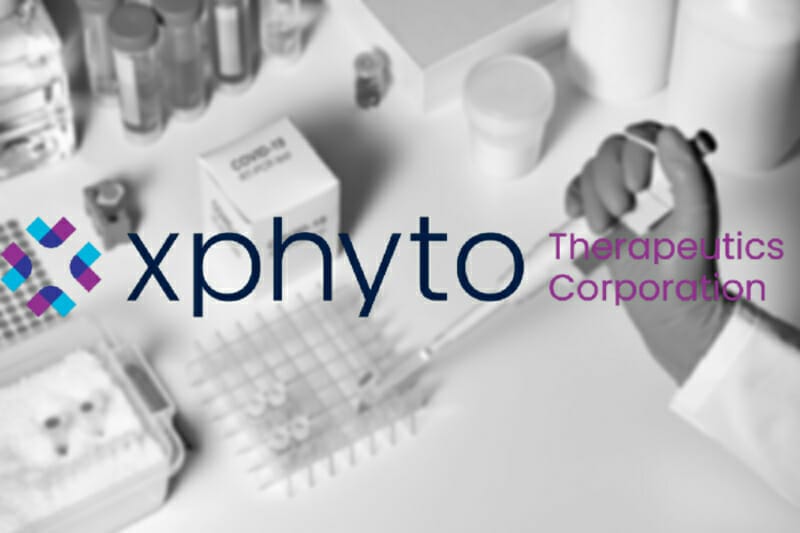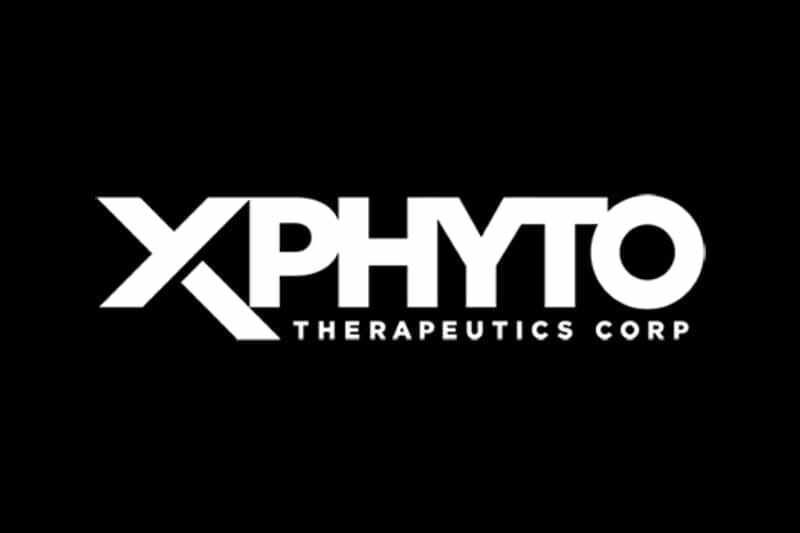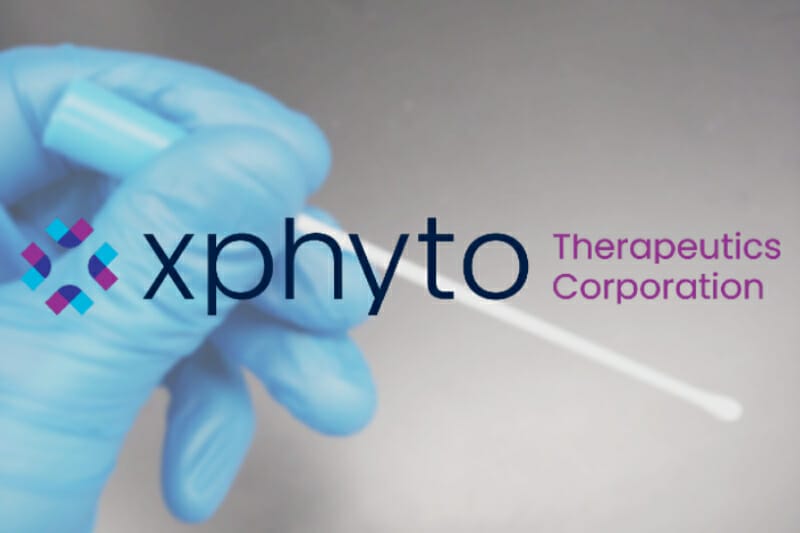Xphyto Therapeutics (XPHY.C) German subsidiary Vektor Pharma TF GmbH will commence several research and development programs related to infectious disease, including thin film delivery of cannabigerol (CBG) and quercetic for potential antibacterial and antiviral treatments.
Vektor manufactures, imports and does research on narcotics in the Upper Swabia region of the German state of Baden-Wurttemberg. Their expertise is in the design, testing and manufacturing of thin film drug delivery systems, like transdermal and sublingual (oral) strips. Vektor has import, handling and manufacturing narcotics licenses, including the EU GMP (European Union good manufacturing practices) certification and other governing regulations.
“In light of the pending global coronavirus disease pandemic and anticipated long-term growing demand for novel antiviral and antimicrobial treatments, Xphyto is moving forward with an infectious disease-related research and development program. Xphyto’s thin film drug delivery system is a platform technology capable of delivering various active therapeutic compounds for a broad range of medical conditions, including infectious disease,” said Hugh Rogers, chief executive officer of Xphyto.
Quercetin is commonly used as a plant pigment (or a flavonoid). It’s commonly found in many different plants and foods, such as red wine, onions, green tea, and others. It’s commonly used as a medicine, taken through food to treat conditions of the heart and blood vessels and is believed to possess cancer preventative properties. It’s also used for arthritis, bladder infections and diabetes. It works through proposed antioxidant and anti-inflammatory effects, which might help reduce inflammation, kill cancer cells, control blood sugar and prevent heart disease.
Naturally, there’s next to no scientific evidence to support these claims.
Transparency Market Research estimates that the global market for thin film drug manufacturing will be worth $15,984-million (U.S.) by 2024 and rising at a solid 9.0-per-cent CAGR (compound annual growth rate) between 2019 and 2024.
Xphyto is presently working on nailing down precision dosing of THC and CBD using Vektor’s thin film sublingual strip technology. The intended medical conditions under scrutiny include serious disorders like epilepsy and appetite regulation. The company has initiated a CBG and quercetin-focused research and development program, starting with in vitro delivery studies at its lab in Germany. Notably, CBG and quercetin, both of which are natural compounds, have demonstrated antimicrobial properties in peer-reviewed academic research, and if the results are successful, then company will evaluate clinical opportunities for further development.
Xphyto is investigating the use of enzyme-targeted sensor-film technology for the real-time detection of infectious diseases, such as coronavirus disease (COVID-19). The goal is development of a low-cost, point-of-care, rapid detection test using senor-film technology.
In other (German) news
Xphyto’s other German subsidiary, Bunker Pflanzenextrakte GmbH has begun its research and development partnership of cannabis-focused products, and specifically beverages, with the chair of brewing and beverage technology at the Technical University of Munich, School of Life Sciences Weihenstephan.
“Our recently signed and announced supply, import and distribution agreement for cannabis extracts and isolates with one of the highest-quality and largest cannabis cultivators in the world, will ensure the supply of necessary ingredients for all the products developed,” said Rogers.
Weihenstephan is home to the International Beverage Research Center Weihenstephan, which is an interdisciplinary research and development centre. It’s handling the entire drink design process chain—from the molecular biological aspects through to the biotechnology processes to the final product. The start-up cost is 22 million euros, and the research centre includes a pilot brewing plant which can facilitate a variety of trials to manufacture beer in according with the German Purity Law and other fermented beverages uses unmalted cereals and alternative starch carriers, as well as non-fermented beverages.
Cannabis-beer from Germany. Someone’s Oktoberfest is going to be interesting.
—Joseph Morton







